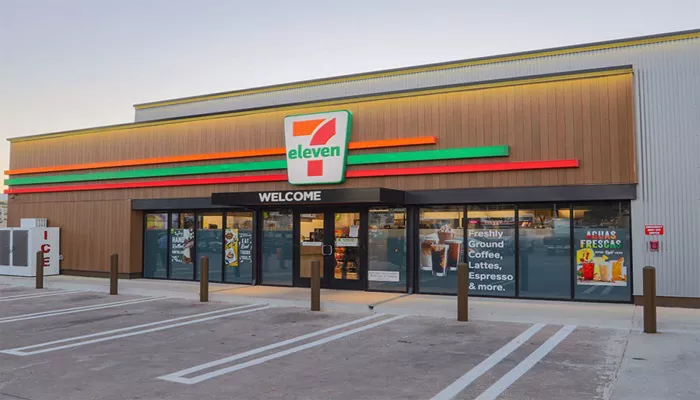Becoming a franchisee of 7-Eleven, one of the most recognized convenience store brands globally, presents an exciting opportunity for aspiring entrepreneurs in Malaysia. With a long-standing presence in the country, 7-Eleven has established itself as a go-to destination for everyday necessities. This article delves into the detailed costs associated with joining the 7-Eleven franchise in Malaysia, providing potential franchisees with a comprehensive understanding of the financial commitments involved.
The Franchise Opportunity at 7-Eleven
7-Eleven Malaysia operates under the Berjaya Group and has been a significant player in the retail sector since its inception in 1984. The brand has grown to include over 2,200 stores nationwide, catering to millions of customers daily. The convenience store model is particularly appealing due to its round-the-clock operation, making it a reliable source of income for franchisees.
The franchise model allows individuals to operate their own business under the 7-Eleven brand while benefiting from its established reputation and support system. However, entering this business requires a substantial financial investment.
Initial Investment Breakdown
To become a 7-Eleven franchisee in Malaysia, the total initial investment is approximately RM250,000 (around USD 56,000).
This investment covers various costs essential for setting up and running a store. Below is a detailed breakdown of these costs:
Initial Franchise Fee: RM100,000 (non-refundable)
Refundable Security Deposit: RM50,000 (for stock)
Initial Stock Purchase: RM100,000 (for inventory)
Training Expenses: Typically included within the initial investment but can vary depending on specific training needs.
Store Setup Costs: This includes equipment, signage, and interior design expenses which are generally covered under the franchise agreement.
Operating Capital: It is advisable to have additional funds set aside for operating expenses during the initial months as the business ramps up.
Ongoing Costs And Royalties
Once established, franchisees must also consider ongoing costs that will affect their profitability:
Royalty Fees: Franchisees typically share profits with 7-Eleven based on a predetermined percentage. The standard arrangement is a profit-sharing model where both parties benefit from sales performance.
Advertising Fees: Franchisees are required to contribute to marketing efforts, usually around 1% of monthly gross sales.
Operational Expenses: These include costs related to staffing, utilities, inventory replenishment, and maintenance of store equipment.
Commitment And Responsibilities
Owning a 7-Eleven franchise is not just about financial investment; it requires a significant commitment to managing daily operations.
Franchisees are expected to work full-time at their stores, ensuring that they maintain high standards of customer service and operational efficiency.
This commitment includes:
Staff Management: Hiring and training employees to ensure that they provide excellent service.
Inventory Management: Regularly monitoring stock levels and replenishing inventory to meet customer demand.
Financial Oversight: Keeping track of sales and expenses to ensure profitability.
Support from 7-Eleven
One of the advantages of joining a franchise like 7-Eleven is the support provided by the franchisor. Franchisees receive comprehensive training covering various aspects of store management, including:
Operational Training: Learning about daily operations and best practices for running a successful store.
Marketing Support: Access to national advertising campaigns and promotional materials designed to drive foot traffic.
Ongoing Assistance: Continuous support from regional managers who help franchisees troubleshoot issues and optimize performance.
Potential Earnings
While the initial investment may seem high, many franchisees find that their earnings potential justifies the cost. The profitability of a 7-Eleven store can vary based on location, management efficiency, and market conditions. On average:
A well-managed store can generate substantial revenue due to its high traffic and diverse product offerings.
Franchisees typically benefit from an established customer base and brand loyalty that comes with being part of a recognized name like 7-Eleven.
Conclusion
Joining the 7-Eleven franchise in Malaysia is an attractive opportunity for those looking to enter the retail business with an established brand. The total initial investment is approximately RM250,000, which covers various setup costs including franchise fees and initial inventory.
Franchisees must be prepared for ongoing operational responsibilities and costs but can expect significant support from 7-Eleven throughout their journey. With dedication and effective management, owning a 7-Eleven can lead to financial success while contributing positively to local communities by providing essential services around the clock.
Related topics:
- Is Chicago Pizza A Franchise?
- How Much Does It Cost to Open A Chicken Licken Franchise?
- What Is The Most Successful Fried Chicken Franchise?

